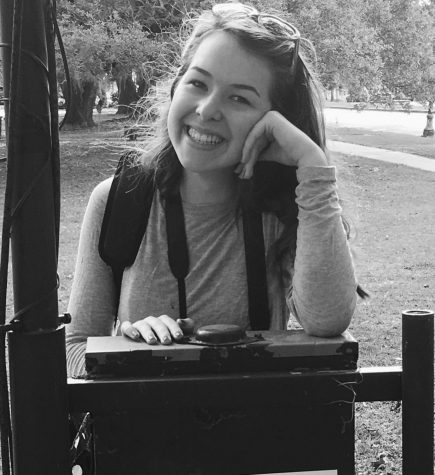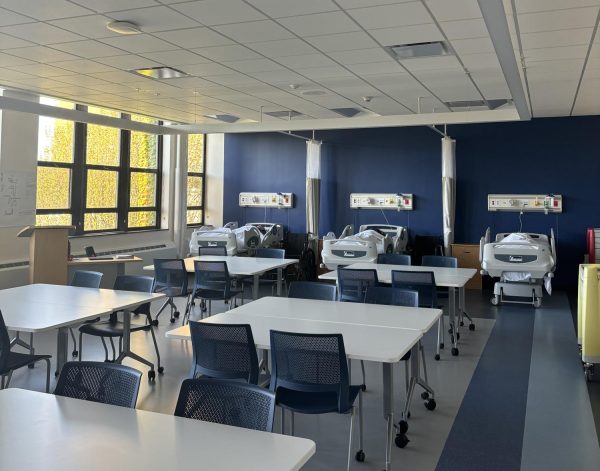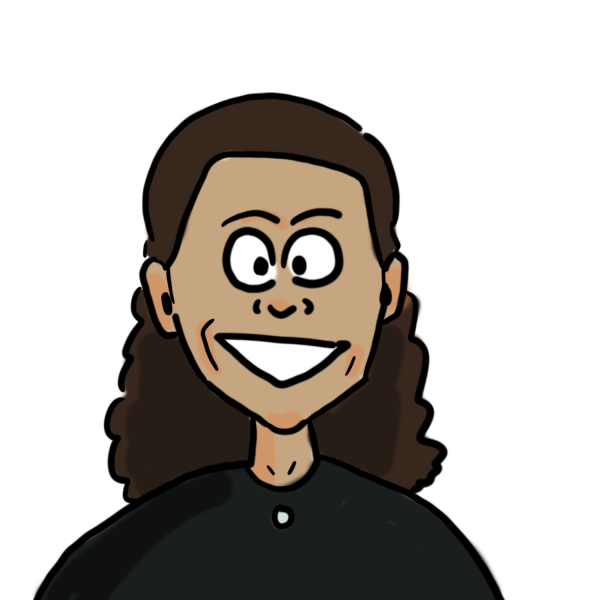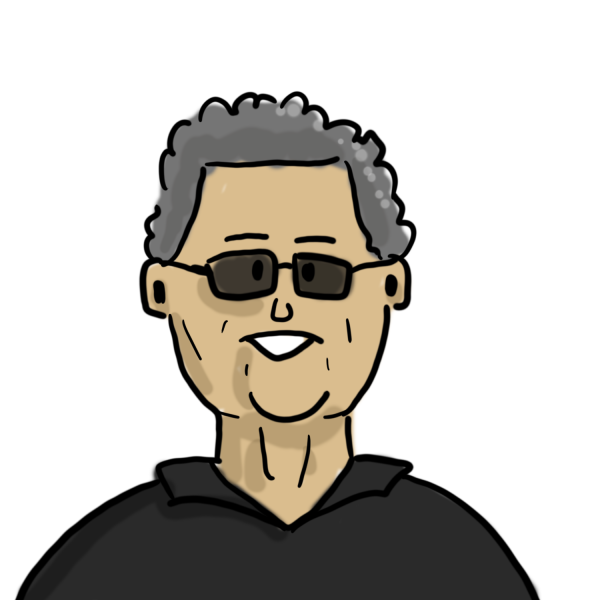New community involvement initiative aims to shift culture around service at ETHS
March 22, 2019
The recently established team, currently being referred to as the Community Involvement Initiative Team, had its second meeting on Mar. 7 to discuss how to best shift the culture around community service at ETHS to be more inclusive and accessible,” team co-coordinator and history teacher Andrew Ginsberg explained.
Although ideas of similar community service initiatives have been discussed in the past, team co-coordinator and Community Service Coordinator Mary Collins and Ginsberg took the step to create the team in early February.
This committee is not only open to staff but students as well.
Kids learn about community service and it’s often sort of about the hours and getting the credit, and so we want to kind of move away from that, make it more about the intrinsic value of being involved and making a difference.
— Andrew Ginsberg, team co-coordinator of Community Service Club and history teacher
“I think it’s nice to have a space where it’s both teachers and students because you have multiple perspectives,” junior Ulo Freitas said.
Bringing these perspectives to the administration is one of the main goals of the team, especially because according to Collins a disproportionately large amount of recorded service hours are from white females.
“There could be a couple things that could be happening,” Collins said. “One is that we are not engaging males, especially males of color, at the same rate we are able to engage white females, or there could be a possibility… that we are not recognizing some of the contributions and involvement that males of color have in the community, and in the school because they’re not falling into the conventional categories of volunteering at a soup kitchen or volunteering at a non-profit.”
One idea to address this problem is to expand what is counted as community service at ETHS. As defined by the community service office, any unpaid volunteer work at a non-profit or public sector organization that is not “religious in nature or [promoting] a specific political party or candidate” can be counted as service.
“We agreed that while a lot of people still refer to what we’re doing as community service, that we would try to broaden the lens a little bit and use the term ‘community involvement’,” Collins said.
The team also wants to address any negative connotations the term ‘community service’ may have among students.
“There’s also this concern that the phrase ‘community service’ is associated with judicial punishment… There are many students who I think would say ‘community service? That’s like what the police give you’,” Collins said.
Junior Kyra Landry, who also attended the second team meeting, described how barriers to access could influence inclusivity of community service.
“There’s not a lot of opportunities if you can’t get to the location or if you have other priorities… So, I would like it to be a more inclusive environment, and more people have the opportunity to get involved,” Landry said.
The team has also brainstormed other possible ideas about how to make community involvement a more meaningful and accessible experience including professional development, changing the way hours are recorded, and marketing involvement opportunities.
“There was a lot of passion towards viewing school not as something where kids just go from class to class to class, but as really integrated into the wider Evanston Community,” Ginsberg said. “What are the students interested in? What are students already doing? Where are the students spending time and have relationships that are involved in the community, engaged in positive, change-making activities?”
Student interest is a major point that the team is considering to make community involvement more engaging and meaningful for students.
“Offering students opportunities that they’re actually interested in, so you can eliminate the culture of ‘community service is just for college’ or ‘I’m just doing this to get these hours’, so it’s actually passionate,” Freitas said.
Going forward with the initiative, Collins wants to make it clear that student perspective is valued.
“If there are students that would like to get involved, they can definitely contact me or Mr. Ginsberg,” Collins said.


















